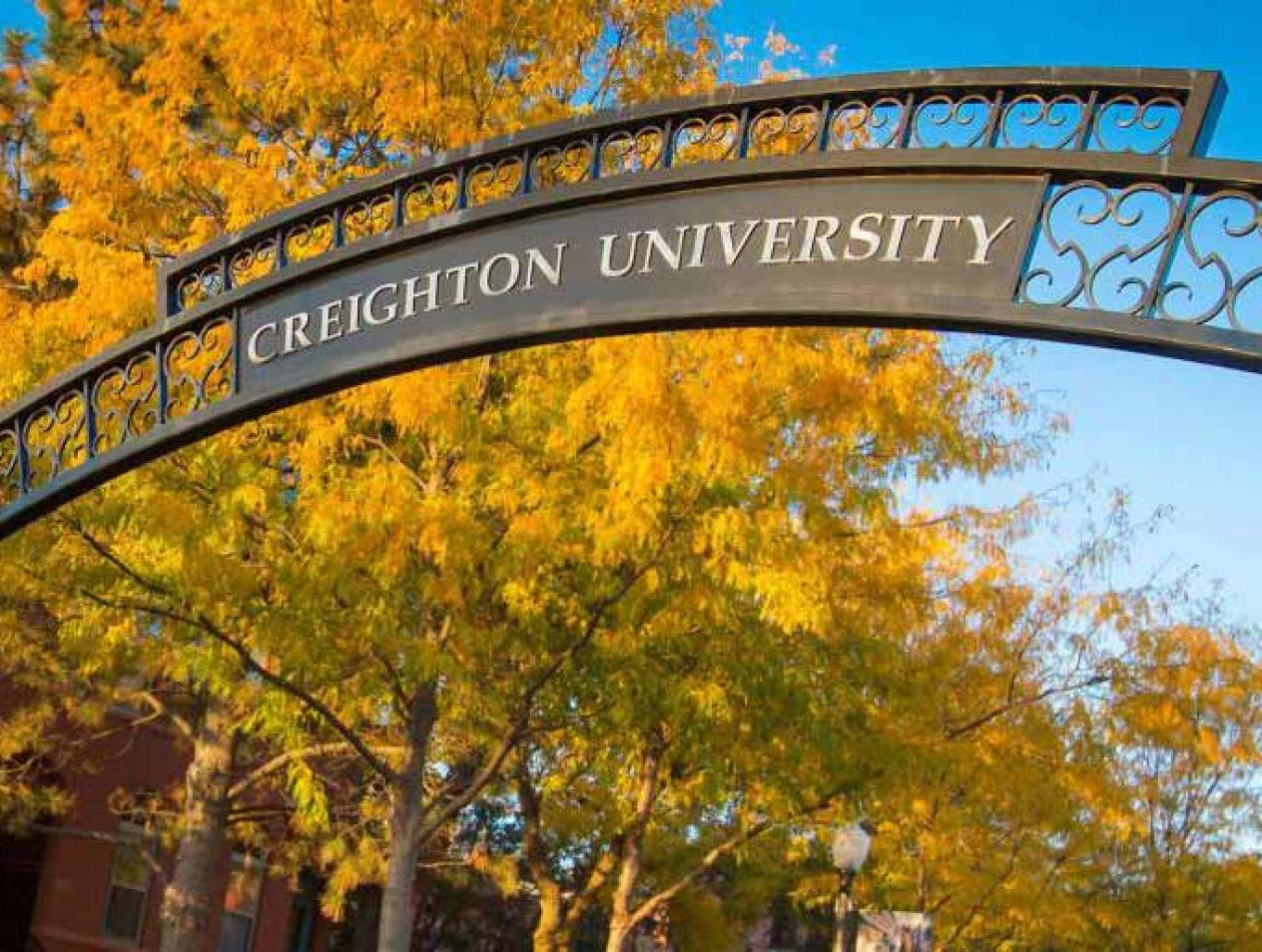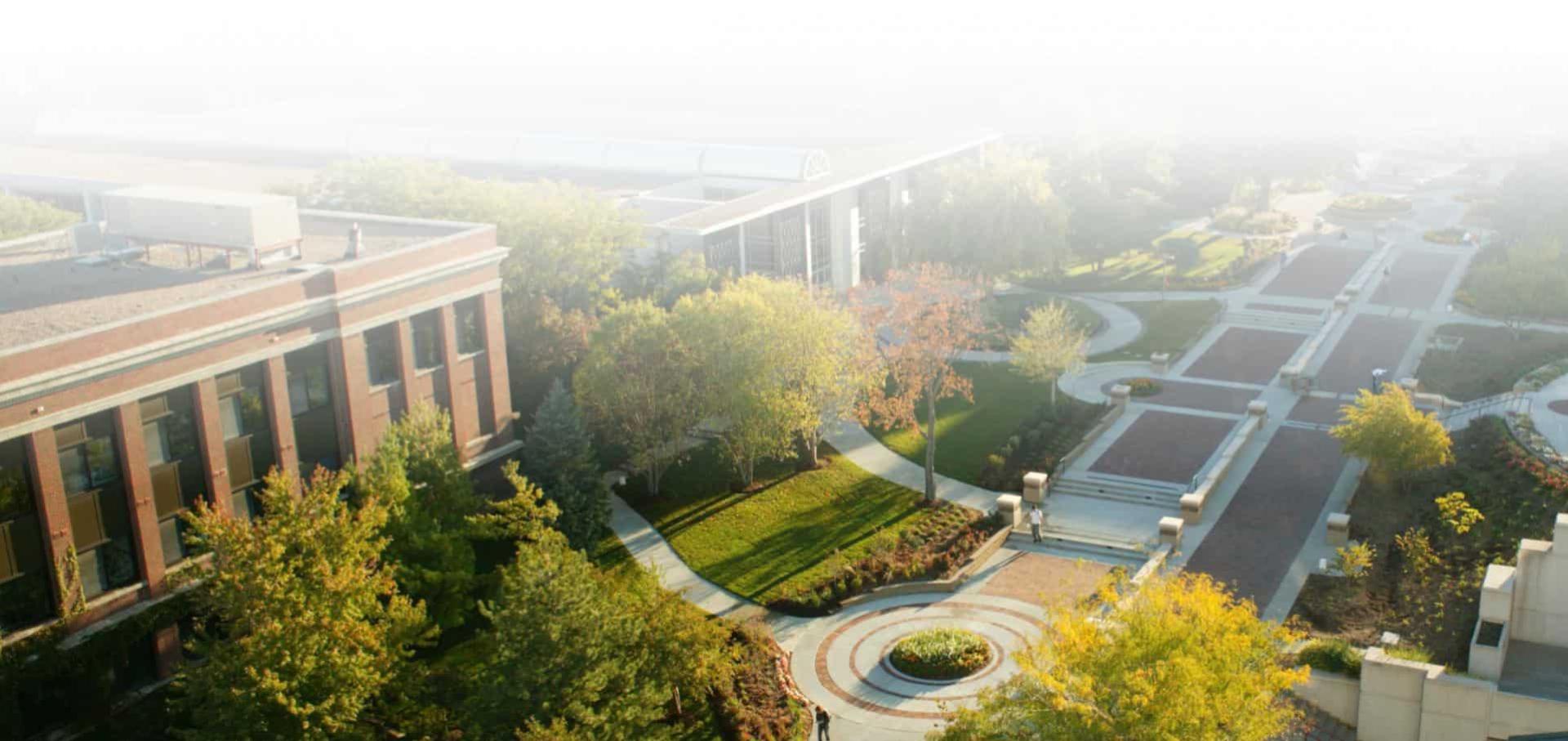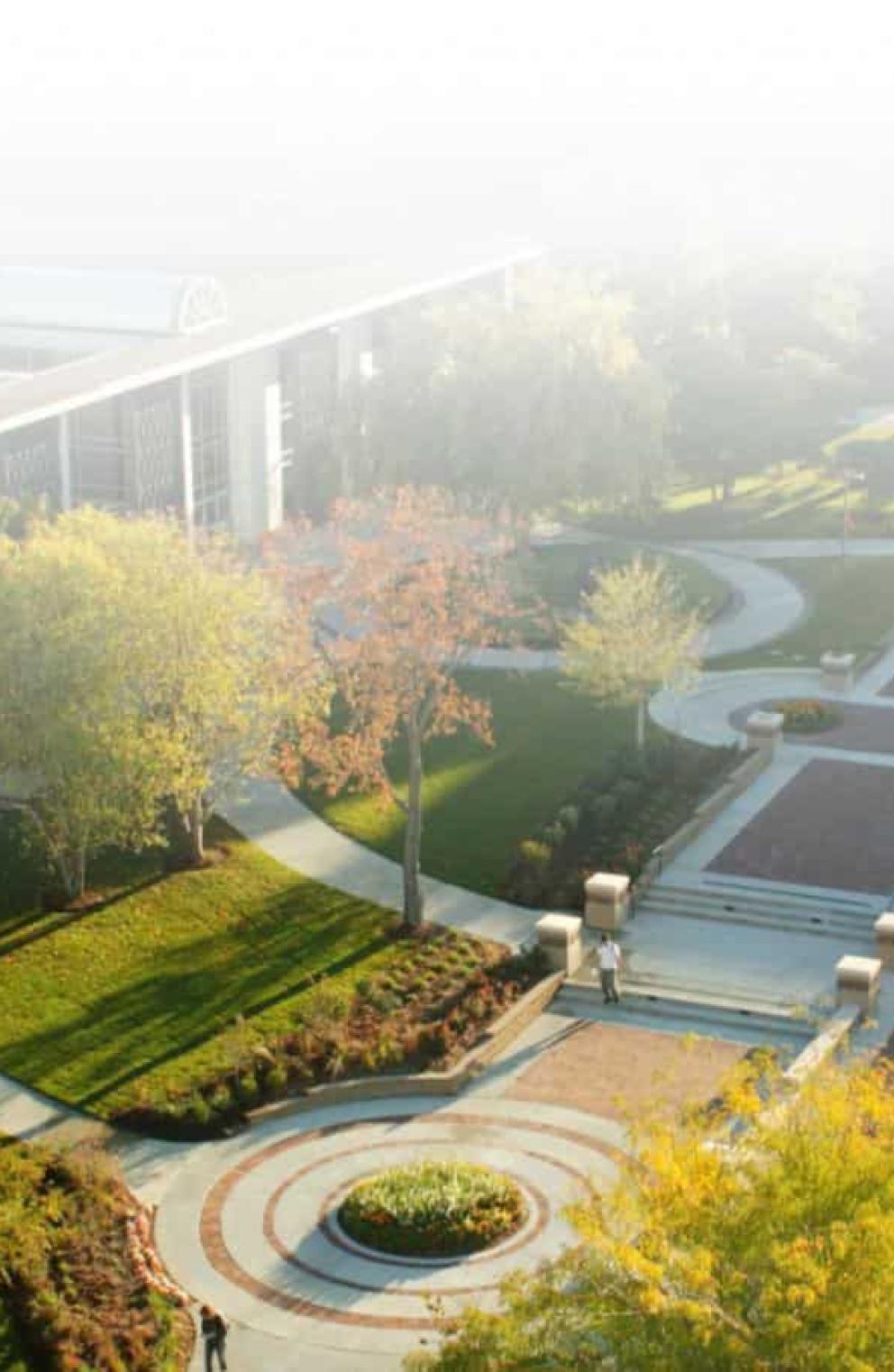Overview of Medical School
What to Expect During Your Medical School Career.
You may be wondering what your next few years of medical school will be like. This overview provides very general information about the classes you may take, activities you can participate in, what your clinical experiences will be like, and more.
The information is not meant to be complete or binding and may be subject to change.
Orientation
Orientation for incoming students is a three-day process that provides an introduction to medical school, including the following: Introductions to staff and services, overview of the curriculum, opportunities for medical students, policies and procedures, tips and strategies for making a successful transition to medical school, tours of facilities, and taking-care-of-business activities like IDs and parking permits. At the conclusion of orientation is the White Coat Ceremony.
White Coat Ceremony
The White Coat ceremony is a formal induction into the profession of medicine. Students, surrounded by friends and families, are reminded of their privileges and responsibilities as new members of this profession. By reciting the Student Physician’s Oath, they are taking on the role of both learner and caregiver. This ceremony culminates in receiving their white coats, designating them as medical students within the healthcare setting.
Courses
Courses during the first year provide a strong foundation in the basic sciences. The first semester will find students in two classes: anatomy, which, include time in the lab doing dissections, Molecular and Cell Biology, and Ethics and Legal Topics in Medicine. The second semester will be filled with Principles of Pharmacology, Microbiology, Host Defense, an introduction to the first systems-approached class, Neuroscience, Evidence-Based Medicine and Behavioral Medicine. In addition, interested students may choose to take an elective, The Healer’s Art. Throughout the whole year, the student will have Introduction to Physical Examination, CU Humanities and the Physician Lifestyle Management Course.
Physician Lifestyle Management Course
Throughout medical school, this course will help you develop as a physician. In your first year, you’ll complete exercises to aid in your personal and professional development, with emphasis on the expectations of medical professionalism. You’ll also be matched with a helpful mentor and mentoring group.
Volunteer Opportunities
Our students are very involved in volunteer activities throughout all four years of medical school. Learn more in an overview of service opportunities.
Courses
The second year is a continuation of organ systems and includes: Infectious Diseases, Cardiovascular, Respiratory, Renal, Hematology/Oncology, Gastrointestinal, Muscular-Skeletal-Integument, Endocrine/Reproduction, Behavioral Medicine II & III, Case Studies, and Applied Clinical Skills.
Longitudinal Clinic
Students spend time throughout the year in a clinical setting, observing and working with a preceptor to gain exposure to patient care and clinical issues.
Physician Lifestyle Management Course
Throughout the second year of the Physician Lifestyle Management Course, you will develop leadership skills, consider the direction of your career, begin mentoring others, and much more.
Step 1
At the end of the second year, students are required to take the USLME Step 1, which is the first in a three-step examination for medical licensure in the United States. This exam covers material from the first two years of medical school, focusing on integrating information toward preparation for clinical work. Students are required to pass this exam before entering clinical rotations of their third year.
Multiple support systems are in place to aid in this endeavor. Several meetings are held through the spring of the second year to provide information on taking the exam, helpful tips and strategies from an M3 survey and panel discussion, and a lottery to facilitate choosing test dates which are typically the first two weeks of June. Students may meet with Academic Success consultants in the spring to develop a strategy, which includes choosing resources, identifying individual approaches, and creating a customized calendar to help structure the preparation for the boards.
Preparing for the M3 Year
During the spring semester, second year students will have several meetings providing them with information for moving into their third year clinical rotations. They are provided with information about the six clinical clerkships through which they will rotate with a group of peers. A lottery is held for various rotation progressions. A panel of M3s provides information and tips for successfully navigating these rotations.
Volunteer Opportunities
Stay involved in your volunteer activities throughout all four years of medical school. Learn more with this overview of service opportunities.
Clinical Orientation
Third year begins with an orientation to the transition into the clinical setting. This orientation provides critical information on patient care, university and hospital policies, and being successful as a third-year medical student.
Clinical Clerkships
Students rotate through clinical clerkships during their third year in order to be exposed to patient care, increase in clinical knowledge and provide exposure to various specialties. These clerkships include the following: Family Medicine, Internal Medicine (Inpatient), Psychiatry, Surgery, Pediatrics, Obstetrics/Gynecology, Neurology and a choice of three optional two-week electives. At the end of each rotation, students will take an National Board of Medical Education (NBME) subject exam which focuses on integration of clinical knowledge and patient care.
Students will also participate in six Dimensions Days, in which areas of clinical competencies are explored in depth as a class. M3s will also be required to pass a Clinical Competency Exam at the end of the academic year.
Physician Lifestyle Management Course
During your third year in this course, you will have the opportunity to expand your mentoring efforts, receive support for the transition to clerkships, learn more about financial literacy, and receive guidance as you make important career choices.
Preparing for M4 Year
There will be several meetings during the spring of the third year to prepare for the final year of medical school. Students will receive information on how to use their career mentor for specialty and residency information, learn about the residency matching process, learn more about developing their CVs and personal statements to be used in the residency application process and how to use the Electronic Residency Application Service (ERAS) and the Match. These meetings will also cover information about the Medical Student Performance Evaluation (MSPE), written by the Dean’s Office as a cumulative view of their performance as a medical student to be used in the residency application process. A group of senior students who have successfully matched into residencies will provide tips and strategies in a panel discussion.
Clinical Electives
The purpose of fourth year is for students to explore interests and gain exposure to areas of specialty interests. This will include selectives in surgery, critical care, sub-internship opportunities in primary care and an additional 24 weeks of clinical electives.
Step 2 CK
M4s are required to take the second step of the USLME, known as Step 2 CK (Clinical Knowledge). This test covers an integration of knowledge and clinical practice that occurs during the clinical rotations of the third year. This test is typically taken during the first part of the fourth year. Because so many residency programs are now requiring the Step 2 scores as part of the selection process, there is more pressure to take this exam in July or August of the fourth year.
Step 2 CS
The other USLME examination that is required in the fourth year is Step 2 CS (Clinical Skills). The purpose of this examination is to test the skills of patient care, including interview skills, and using medical knowledge to guide diagnosis and treatment involved in patient care. These tests can be taken at only a few testing centers around the country and must be taken by graduation.
Financial Management
Fourth year students will receive mandatory exit counseling concerning their loan packages and repayment options. They will also participate in individual loan repayment sessions with a financial aid coordinator.
Residency preparation
Students are provided guidance through each step of the residency application and selection process, including:
- Practice Interview
- Applications
- Interview Process
- Ranking Programs
- Match Day
Graduation
The culminating event of medical school is receiving the MD behind your name. Graduation typically is in early May and begins with Hooding, an evening ceremony welcoming MDs into the profession of medicine. This formal event is a ceremony where friends and family gather to watch the students individually cross the stage and be hooded (receiving their academic stole) by other faculty physicians. The students join in reciting the Hippocratic Oath while they are reminded of their new professional rights and responsibilities. Graduation with the rest of the university is held several days later where students receive their diplomas.
Contact Information
402.280.2799
800.325.4405
Fax: 402.280.1241
Office of Medical Admissions
CL and Rachel Werner Center for Health Sciences Education
2616 Burt Street
Omaha, NE 68178

















